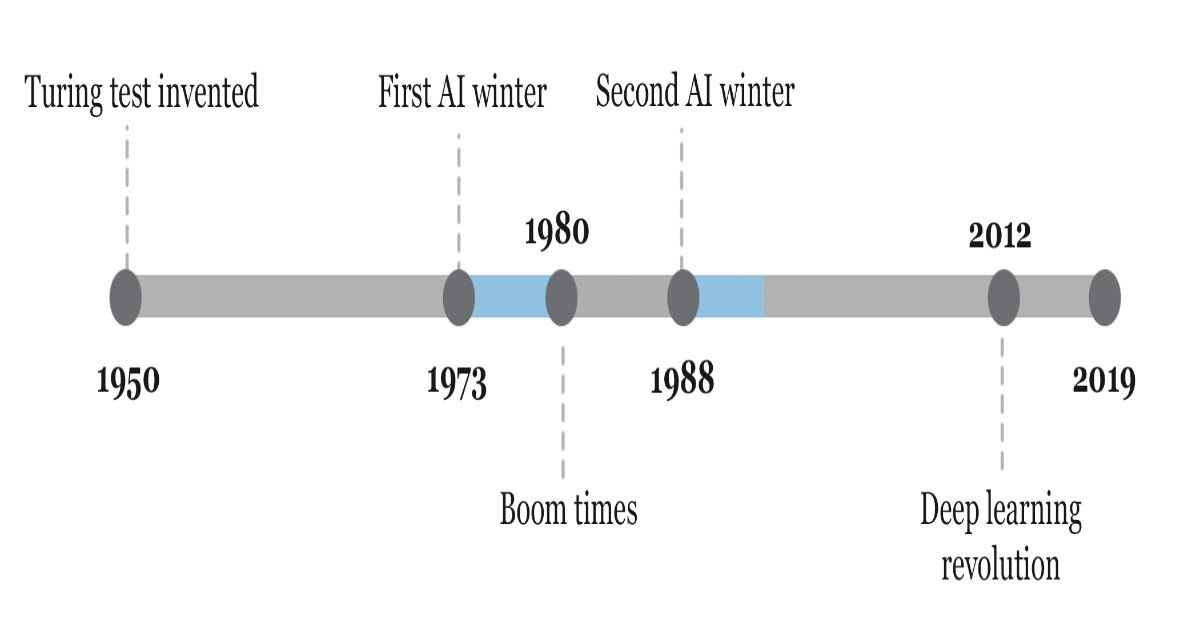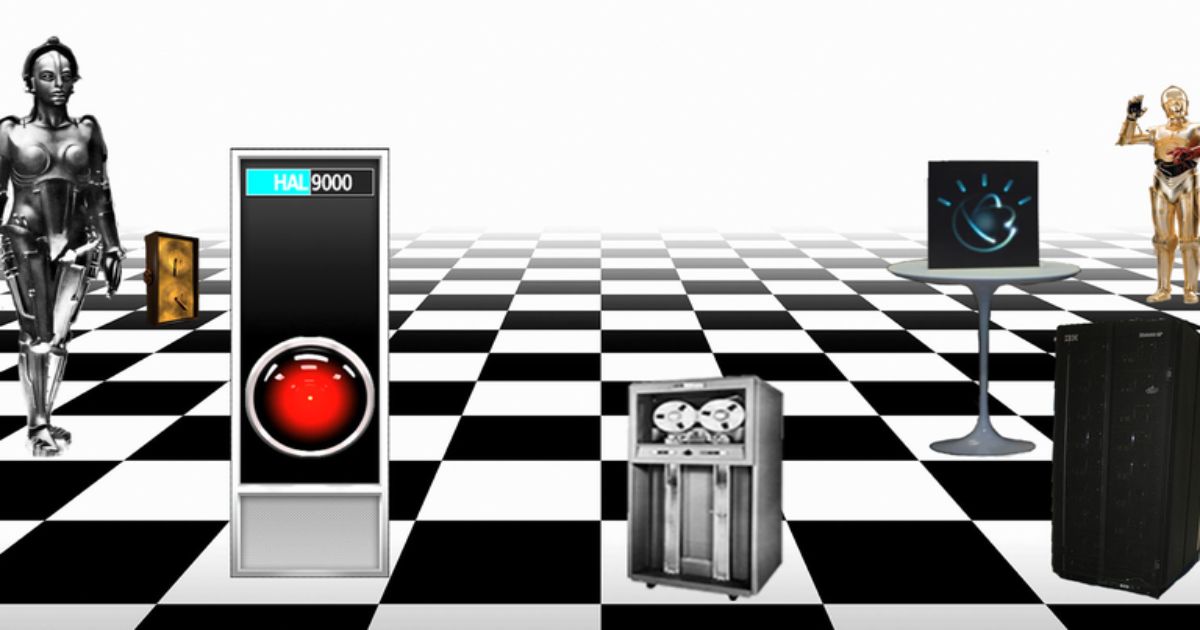History of Artificial Intelligence (AI) is newer. It is not as advanced as many politicians assume. The particular history of Artificial Intelligence began in the 1950s. A visionary mathematician was testing a version of the computer with a chess program. It worked and Turing called it “computers that think”. The machine became called the primary “universal” machine, and it allowed theorists to explore the ramifications of the computational universe. But it had been too slow to accomplish its full promise. What makes the computer so fascinating is that it is designed to perform with human-level intelligence. It is an awfully specific device. It uses to store its data. A private computer could do the identical thing.
The history of Artificial Intelligence has a moderate extent of research. The production of computer programs wasn’t as simple. In 1940s there was an enormous amount of investment by universities, and government research institutes into building specialized equipment. Also it includes specialized software for a computer. But unfortunately, the availability chain had very limited knowledge of the operations of a computer. Also the firm which actually built the machines was often the one who got the initial development costs of devices. Through the selling of subscription libraries of software to universities in those years, the economics of computer programs emerged. At that point many firms complained the issue of employing programmers and maintaining their existing software. It was preventing them from hiring computer programmers.
Dartmouth workshop on Artificial Intelligence in 1956 :
It became widely cited as a forerunner of today’s AI research and various AI advances. The earliest kind of AI, Turing Test, is born, as a critical tool in modern AI research, heuristics and biases. IBM’s John McCarthy coined the term “parametric”. He did so to summarize Artificial Intelligence researchers’ efforts toward capturing artificial reasoning as a group of rules. These rules are transparent and separable from context. You are sort of a coin flipping to numerous algorithms. Also these assumptions or heuristics adds to the mixture of states and outcomes of the coin’s flipping. This process-based model of reasoning were implemented by variety of researchers by knowing history of Artificial Intelligence. It helped to the primary purpose computer algorithms for managing everything from medical care to contract administration and game design.
Recent Advances in AI :
Recently history of Artificial Intelligence helped researchers to begin different fields of research. It began when the number of problems training a virtual computer grew and so exploded. Those computational technologies—robot controllers, speech recognition systems, and training algorithms—became such complex that they couldn’t feasibly support training simulations of human players. In 2012, researchers extended DeepMind, a Google project to mine the world’s vast pool of information to conduct a number of the earliest research on virtualized AI due to history of Artificial Intelligence.
The primary fruit of the project, the corporate announced last month, was AlphaGo, a winnable program that surpassed the human world champion at Go, the traditional Chinese game. recent advances in Artificial Intelligence began when the task of matching the script of a mobile game to the agent’s actions was condemned by an AI called AlphaGo, with assistance from human experts. The history of Artificial Intelligence helped the performance of machines.
Soon machines began to beat humans at games. Further they rapidly began to research their moves and choose if they may be improved. During this process, a binary decision-making algorithm for Go emerged that served as a gold standard. the concept was simple: let the pc make all of the choices for a selected game.
Additional Advances :
The history of Artificial Intelligence advanced in 1980s.Alpha go actually proved to be nearly unbeatable. A statistical victory draws an impossible way for an AI that might derive strategies. Also these will trap the complete human population in a very variety of chess and marble scoring error matrix. that just about brought down the remainder of the SCAI program. The foremost interesting result from that defeat came from the partnership of IBM’s Deep Blue and IBM’s Watson AI machine. The supercomputer decided to requirea chic playing style not suited to human opponents and once it took the sport of last a path like that of AlphaGo, it beat human masters 2:1 in a very tournament. Humans can’t beat AI.
Now, the history of Artificial Intelligence has developed. The researchers are exploring what AI can do without human help. In a study published in Science, researchers suggest that the human brain will train to hold out simple tasks that it couldn’t perform by itself. After making one important discovery, the researchers argue that new AI techniques may not need to be developed from scratch. Instead, existing technology accesses AI techniques that already exists through history of Artificial Intelligence. It will soon become accustomed create machines that may do virtually anything humans can do.
The First AI Winter :
The history of Artificial Intelligence improved many researches. However, unlike gravity, AI research resumed within the 1980s, with the U.S. and Britain providing funding to compete with Japan’s new “fifth generation” computer project, and their goal of becoming the planet leader in technology. In addition the stretch of your time between 1974 and 1980 has become referred to as ‘The First AI Winter.’
The First AI Winter ended with the introduction of Expert Systems. Competitive corporations adopted them all round the world. The first focus of AI research was now on the theme of accumulating knowledge from various experts. AI also benefited from the revival of Connectionism within the 1980s.

All you need to know about Artificial Intelligence
Learn Artificial Intelligence
Learn Artificial Intelligence with WAC
Other Skills in Demand
| Artificial Intelligence | Data Science |
| Digital Marketing | Business Analytics |
| Big Data | Internet of Things |
| Python Programming | Robotics & Embedded System |
| Android App Development | Machine Learning |

